Fruit has a healthy reputation—and for good reason. It’s packed with vitamins, minerals, and fiber. But not all fruits are created equal, especially when you’re watching your sugar intake, managing weight, or keeping an eye on your blood glucose levels. Some are deceptively high in natural sugars or calories and can quietly sabotage your wellness goals when eaten in excess. The good news? There are plenty of fruit options that fuel your body and support long-term health. In this guide, we’ll explore 12 fruits to enjoy mindfully—and 12 that offer powerful nutritional benefits worth reaching for every day.
1. SKIP: Mangoes
Beloved for their juicy sweetness, mangoes are a tropical treat—but they’re also one of the highest-sugar fruits out there. One cup of sliced mango contains around 23 grams of sugar and over 100 calories, making it easy to overdo it.
While they do offer vitamin C and antioxidants, mangoes can spike blood sugar quickly, especially if eaten on an empty stomach or blended into sugary smoothies. For those managing weight or insulin levels, portion control is essential. Enjoying mango occasionally in small amounts is fine, but it’s best not to treat it like an unlimited, guilt-free snack.
2. SKIP: Grapes
Grapes are addictive in the most innocent way. They’re small, poppable, and refreshing—but easy to overeat. Just one cup contains about 15 grams of sugar, and it’s rarely where people stop. The lack of fiber compared to their sugar content means they won’t keep you full for long, making them more of a sweet snack than a satiating one. While grapes do provide antioxidants like resveratrol, they can unintentionally spike your blood sugar when eaten in excess. If you love grapes, try freezing them for better portion control—or pair them with protein or fat to slow sugar absorption.
3. SKIP: Lychees
Exotic and fragrant, lychees are often viewed as a delicate indulgence, but nutritionally, they carry a heavy sugar load. A single cup delivers around 29 grams of sugar—more than many candy bars. While they do offer vitamin C and some antioxidants, the rapid rise in blood glucose they can cause makes them a tricky choice for anyone with insulin resistance or prediabetes. They’re also usually served in syrup in desserts or canned, which adds even more sugar. Lychees can absolutely be part of a varied diet, but consider them an occasional sweet treat, not an everyday snack.
4. SKIP: Cherries
Cherries have an irresistibly tart-sweet flavor, but they also pack more sugar than you might expect. A small bowl can easily clock in at 20 grams of sugar or more, with limited fiber to balance it out. While cherries are rich in antioxidants and linked to reduced inflammation, they may not be the best daily choice for those watching their sugar intake. Dried or candied cherry products are even worse offenders, concentrating the sugar into smaller bites. If you’re craving cherries, keep portions small and enjoy them fresh, not dried or canned in syrup-heavy versions.
5. SKIP: Bananas
There’s no doubt bananas are convenient and potassium-rich, but they’re also higher in natural sugar and carbohydrates compared to many other fruits. One medium banana contains around 14 grams of sugar and nearly 30 grams of carbs, which can cause a quick energy spike—and crash.
For active individuals, bananas can be a great post-workout snack. But if you’re aiming to stabilize blood sugar or reduce overall carb intake, bananas might not be the most supportive choice every day. Try pairing half a banana with protein or fat to slow its impact, or choose greener, less ripe ones for less sugar.
6. SKIP: Figs
Figs might seem like an elegant, nutrient-rich fruit, and while they do provide calcium and potassium, they’re also loaded with sugar. One large fresh fig contains about 8 grams of natural sugar, and most people eat two or three at a time.
Dried figs are even more concentrated—just a few pieces can rival candy in their sugar content. They have fiber, yes, but not enough to counteract their glycemic impact when eaten freely. If you’re aiming for stable blood sugar or reduced calorie intake, it’s wise to enjoy figs as a garnish, not a snack bowl filler.
7. SKIP: Dried Fruits (e.g., Raisins, Dates)
Drying fruit intensifies its sweetness and shrinks its size, which means it’s easy to eat a lot without realizing how much sugar and calories you’re consuming. A small handful of raisins has the sugar equivalent of a candy bar, and dates can contain over 16 grams of sugar each. While dried fruits offer some fiber and minerals, they can quickly sabotage weight loss goals or blood sugar control due to their high glycemic load. Instead of snacking on dried fruits solo, try using them sparingly in salads or baking, where you can keep a better handle on portions.
8. SKIP: Pineapples
Few fruits match pineapple’s tropical sweetness—but that intense flavor comes from a high sugar concentration. One cup of pineapple chunks has about 16 grams of sugar and ranks high on the glycemic index, meaning it can cause a sharp spike in blood sugar.
While it does provide vitamin C and manganese, its acidity can also irritate sensitive stomachs or dental enamel. If pineapple is one of your favorites, keep the portions modest and avoid pairing it with other sugary foods like sweet yogurt or juices. It’s delicious in moderation, especially when balanced with fiber or protein.
9. SKIP: Pomegranates
Pomegranates are celebrated for their jewel-like seeds and tangy-sweet flavor. Their antioxidant-rich profile is a boon for health enthusiasts, yet they also contain significant natural sugars. Consuming them mindfully, whether as seeds or juice, can prevent excess sugar intake. A sprinkle over salads or yogurt can add a refreshing burst of flavor while keeping portions in check. Their vibrant color and unique texture make them a culinary delight, but balance is key to enjoying their benefits without overindulgence. Pomegranates are a feast for the senses, offering both pleasure and caution.
10. SKIP: Coconuts
With their tropical appeal and trendy reputation, coconuts often show up in health-conscious recipes and snacks. But beneath the wellness halo lies a fruit that’s surprisingly calorie-dense. Coconut flesh and dried coconut are low in sugar but packed with saturated fat—just a couple of tablespoons of shredded coconut can deliver over 100 calories, mostly from fat. For those watching their weight or cholesterol, it’s wise to keep portions small. While coconut does contain some fiber and minerals, it’s best enjoyed occasionally. Coconut water offers a lighter, more hydrating alternative—just be sure it’s the unsweetened kind.
11. SKIP: Tangerines
Bright, bite-sized, and naturally sweet, tangerines seem like the perfect snack—but they’re easier to overindulge in than you might think. Compared to other citrus fruits like oranges or grapefruits, tangerines are slightly higher in sugar and offer less fiber per serving.
A few peeled segments are fine, but eating several in one sitting adds up fast—both in sugar and calories. Their glycemic index is moderate, which may cause a mild blood sugar rise. If you love citrus, try alternating tangerines with less sugary varieties like grapefruit or squeeze fresh lemon or lime juice over dishes for flavor without the sugar.
12. SKIP: Persimmons
Often overlooked, persimmons are soft, honey-sweet fruits that pack a punch—especially when fully ripe. A single persimmon can contain up to 21 grams of sugar and about 120 calories. They’re also low in fiber relative to their sugar content, which means they digest quickly and may not keep you full for long.
While they do offer vitamin A and some antioxidants, they can spike blood sugar levels, especially when eaten on their own. If you’re including persimmons in your diet, consider pairing them with yogurt, nuts, or seeds to balance out their sweetness and prolong satiety.
13. PICK: Berries (Strawberries, Blueberries, Raspberries)
Tiny but mighty, berries are among the most nutrient-dense fruits you can eat. Loaded with antioxidants like anthocyanins, they help fight inflammation and oxidative stress. They’re also high in fiber and low in sugar, which makes them ideal for stabilizing blood sugar and promoting fullness.
Berries support brain health, heart health, and even gut balance thanks to their prebiotic compounds. Whether you toss them into yogurt, smoothies, or salads—or enjoy them by the handful—berries are a smart, flavorful choice. With fewer calories than most fruits and tons of disease-fighting benefits, these little gems pack serious health power.
14. PICK: Apples
A classic for good reason, apples are rich in soluble fiber—especially pectin—which supports digestion, heart health, and blood sugar control. They’re low in calories and take time to chew, promoting satiety without excess intake. Apples also contain antioxidants and polyphenols that may lower inflammation and support metabolic health. Unlike fruit juices, whole apples digest slowly, helping to curb appetite and reduce sugar spikes. From crisp, tart varieties to sweeter types, there’s an apple to suit every palate. Leave the skin on for maximum nutrients, and pair with a protein or fat for a snack that satisfies and sustains.
15. PICK: Pears
Often underrated, pears are a fiber powerhouse—one medium pear delivers about 6 grams, which supports digestion and keeps you full. They also contain vitamin C, potassium, and polyphenol antioxidants that promote heart health and reduce inflammation.
Pears are low on the glycemic index, meaning they help stabilize blood sugar rather than cause spikes. Their juicy texture and subtle sweetness make them a versatile fruit for salads, oatmeal, or snacking on their own. For even more benefit, eat them with the skin intact. Nourishing and gentle on digestion, pears are a great daily fruit for health and balance.
16. PICK: Oranges
Beyond their immune-boosting vitamin C, oranges offer a solid dose of fiber and hydration in every juicy segment. Their high water content helps keep you full, while their naturally sweet flavor satisfies without added sugars. Oranges are also rich in potassium and flavonoids, which support heart health and reduce oxidative stress. Unlike orange juice, which strips away fiber and condenses sugar, eating whole oranges ensures a slower, more stable blood sugar response. They’re great as a snack, in fruit salads, or sliced into savory dishes. When it comes to nutrition and flavor, oranges deliver a refreshing and powerful punch.
17. PICK: Kiwi
Small but incredibly nutrient-dense, kiwis are a top choice for digestion and immune support. They’re packed with vitamin C—almost double that of oranges per ounce—and also offer vitamin K, fiber, and antioxidants. Kiwis contain actinidin, an enzyme that supports protein digestion, making them helpful after meals.
Their low glycemic index means they provide steady energy without spiking blood sugar. Plus, their tart-sweet flavor and bright green color add excitement to any plate. Enjoy them sliced with the skin on for extra fiber, or mix into salads and smoothies. Kiwifruit proves that great things come in small, fuzzy packages.
18. PICK: Avocados
Unlike most fruits, avocados are rich in healthy fats rather than sugar. Their monounsaturated fats support heart health, enhance nutrient absorption, and help keep you full for hours. Avocados are also loaded with fiber, potassium, and antioxidants like lutein and zeaxanthin, which support eye health. They’re extremely versatile—smash them on toast, blend into smoothies, or cube them into salads. While calorie-dense, their satiety power often leads to reduced overall intake throughout the day. For those looking to maintain stable blood sugar and feel satisfied without constant snacking, avocados are a creamy, delicious, and nourishing ally.
19. PICK: Watermelon
When hydration and low-calorie snacking matter, watermelon is a go-to. With over 90% water content, it quenches thirst and helps you feel full without overdoing the calories. A single cup has fewer than 50 calories and provides a healthy dose of vitamin C, potassium, and lycopene—a powerful antioxidant linked to reduced inflammation and improved heart health. Watermelon is naturally sweet but lower in sugar than its taste suggests, making it great for weight management. Enjoy it chilled, blended into smoothies, or tossed into a summer salad. It’s refreshing, light, and ideal for keeping your health goals in check.
20. PICK: Peaches
Juicy and aromatic, peaches bring both flavor and nutrition to the table. They’re relatively low in sugar compared to tropical fruits, yet offer a satisfying sweetness that makes them feel indulgent. Peaches provide vitamin C, vitamin A (in the form of beta-carotene), and antioxidants that support skin health and immune function. Their fiber content helps slow digestion, preventing sugar spikes and keeping you full longer. Whether fresh, grilled, or blended into a smoothie, peaches are a versatile option that fits beautifully into a balanced diet. Just be sure to skip the syrupy canned versions and go for the real deal.
21. PICK: Grapefruit
Bright, tangy, and full of nutrition, grapefruit is known for its potential weight loss benefits—and it’s more than hype. Studies suggest that compounds in grapefruit may help reduce appetite and improve insulin sensitivity. It’s low in calories, high in water, and packed with immune-supporting vitamin C and antioxidants.
Grapefruit also offers a good source of fiber and potassium for heart health. Enjoy it fresh, broiled with cinnamon, or added to salads for a zesty punch. (Just check with your doctor if you take medications, as grapefruit can interact with some drugs.) When it fits your diet, it’s a bold and beneficial choice.
22. PICK: Lemons
Lemons may not be eaten on their own, but they play a powerful role in a healthy diet. High in vitamin C and flavonoids, lemons support immune health, skin clarity, and digestion. Adding lemon juice to water may encourage hydration and gently stimulate digestion in the morning. Lemons also contain compounds that may reduce the risk of kidney stones by increasing citrate levels in the urine. Their bright flavor can enhance almost any dish—without calories or sugar. From marinades to dressings to herbal teas, lemons are a small but mighty fruit that elevates both nutrition and taste.
23. PICK: Cantaloupe
With its delicate sweetness and juicy texture, cantaloupe is both refreshing and low in calories. One cup provides over 100% of your daily vitamin C needs, plus beta-carotene for healthy skin and eyes. It also offers hydration thanks to its high water content, which supports fullness and fluid balance.
Cantaloupe is gentle on the stomach, easy to digest, and pairs well with savory or sweet flavors. Add it to breakfast bowls, smoothies, or serve it with a pinch of sea salt for a gourmet twist. Its nutrient density and light sugar profile make it an underrated but excellent everyday fruit.
24. PICK: Plums
Sweet, tart, and vibrant, plums offer more than just good taste—they’re rich in antioxidants, vitamin C, and fiber that support digestion and reduce oxidative stress. Their skins contain polyphenols that may help reduce inflammation and protect against chronic disease. With a moderate sugar content and relatively low calorie count, plums are a smart choice for satisfying fruit cravings. They’re also a natural way to support gut health and regularity. Eat them fresh for the best benefits, or add sliced plums to yogurt, oats, or salads. Compact and portable, they’re a perfectly balanced snack for on-the-go nourishment.
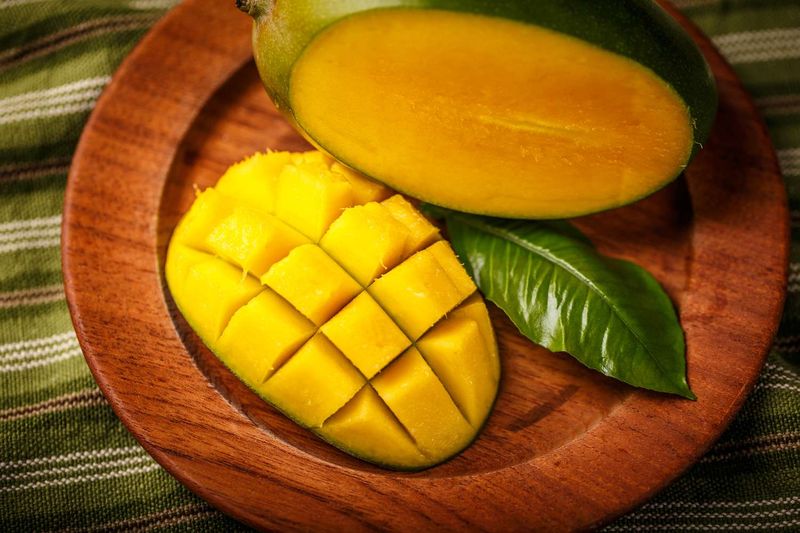
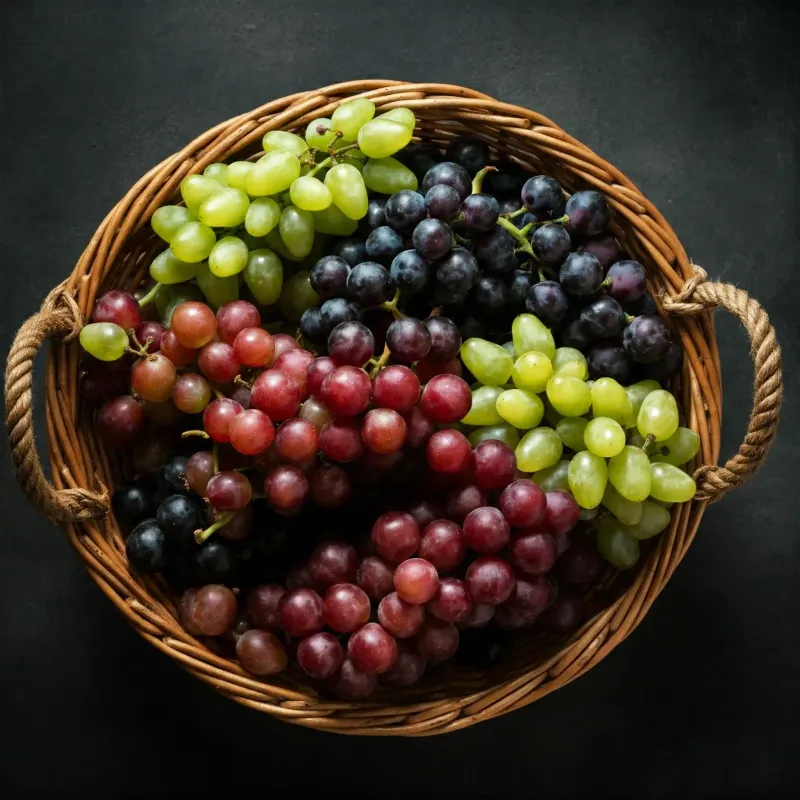
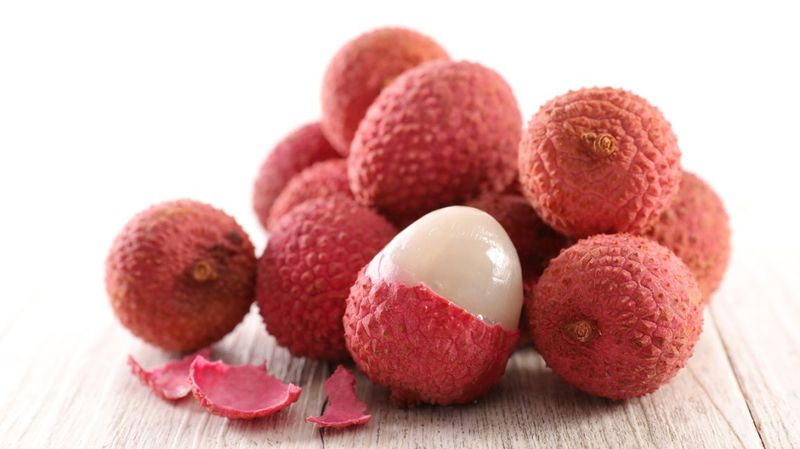
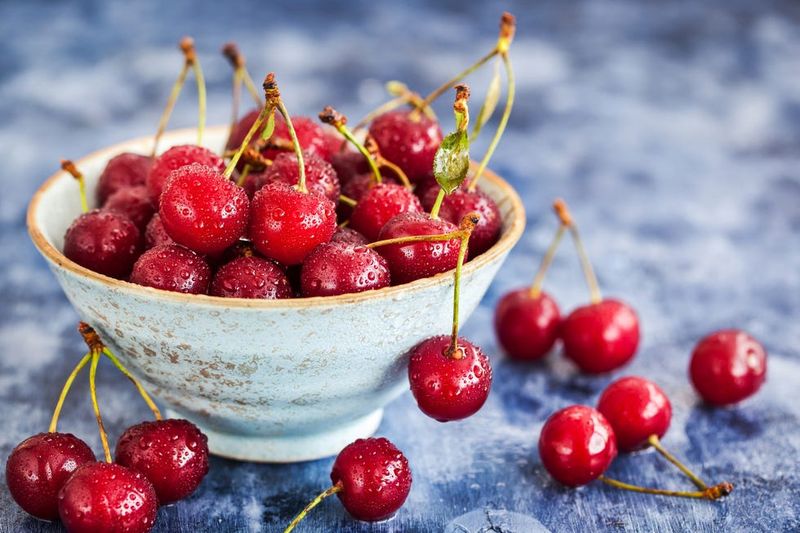
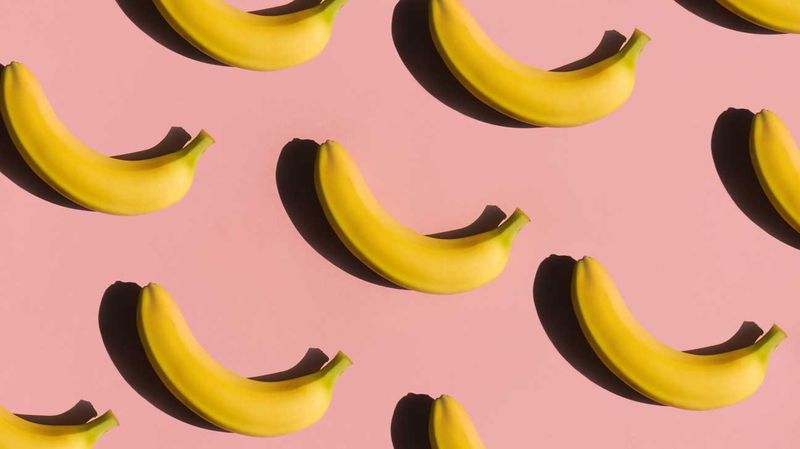
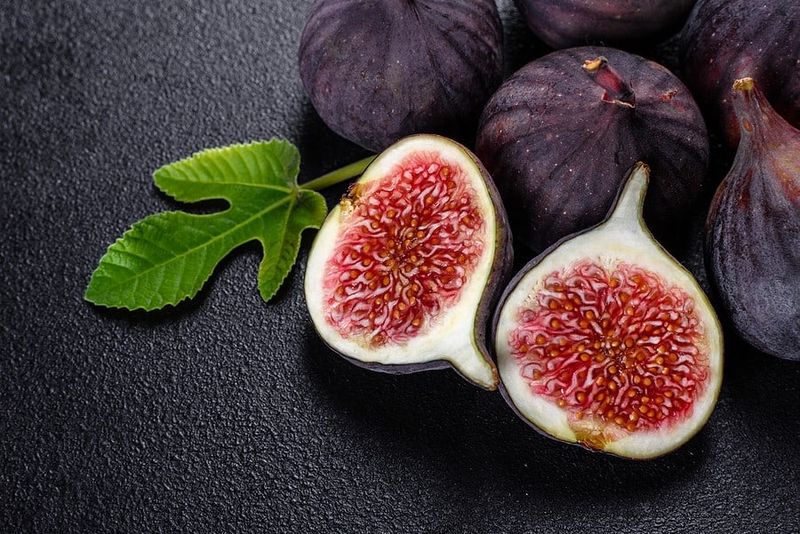
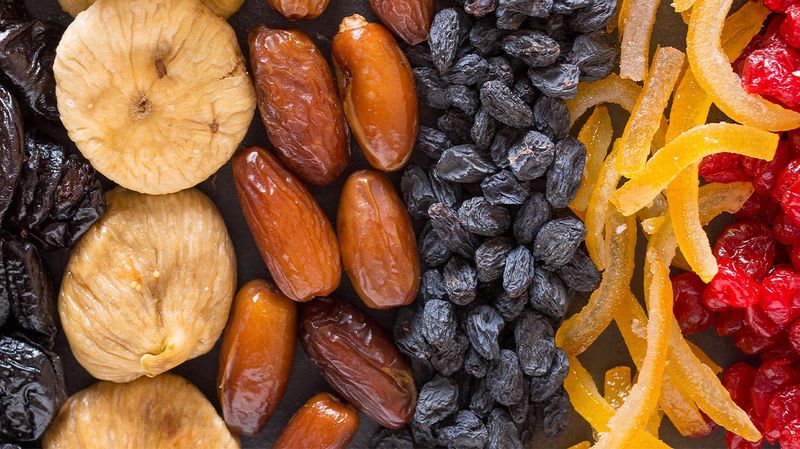
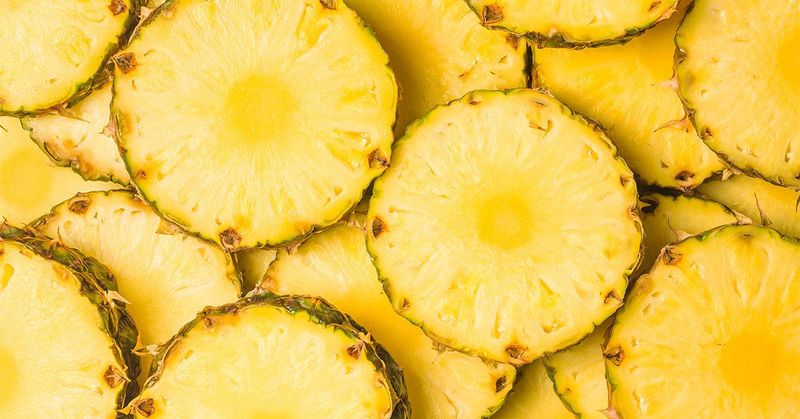
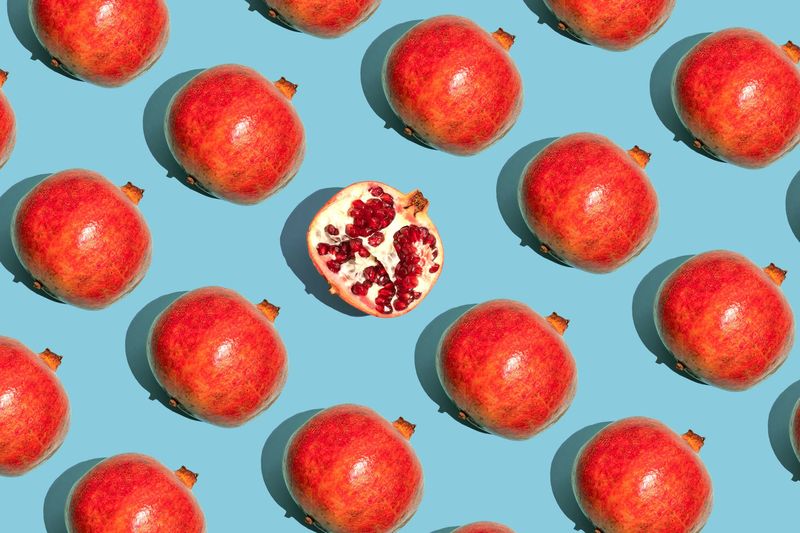
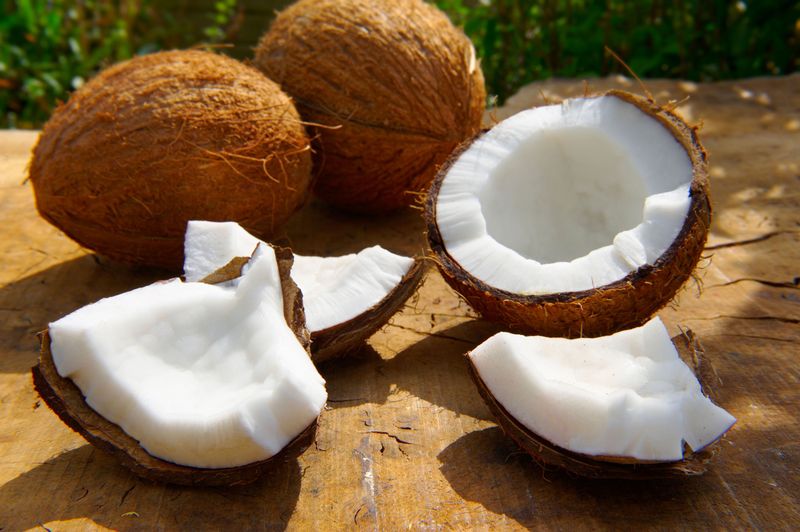
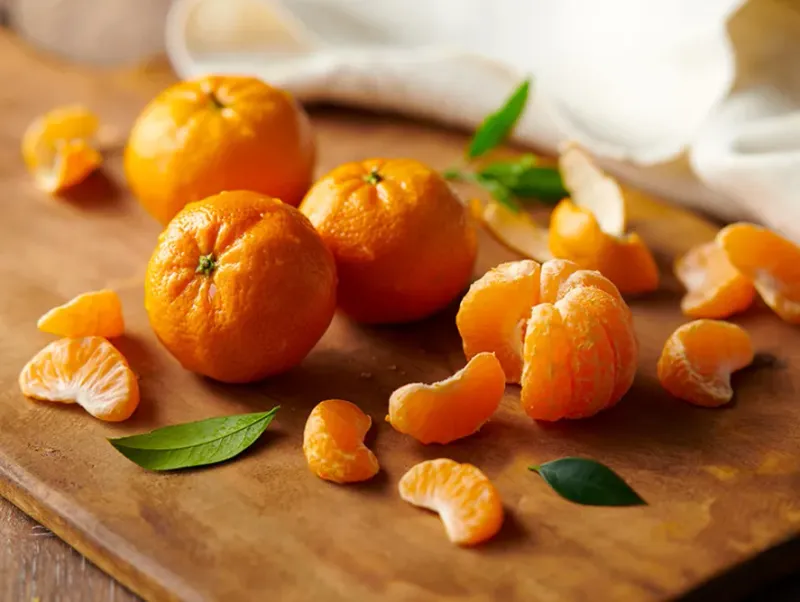
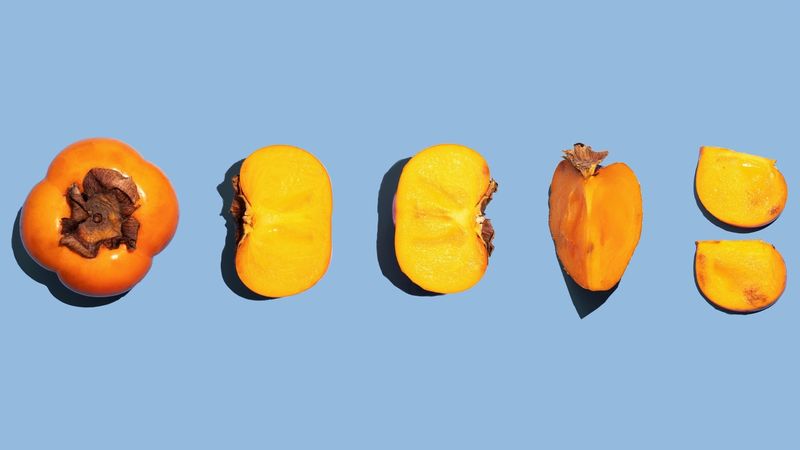
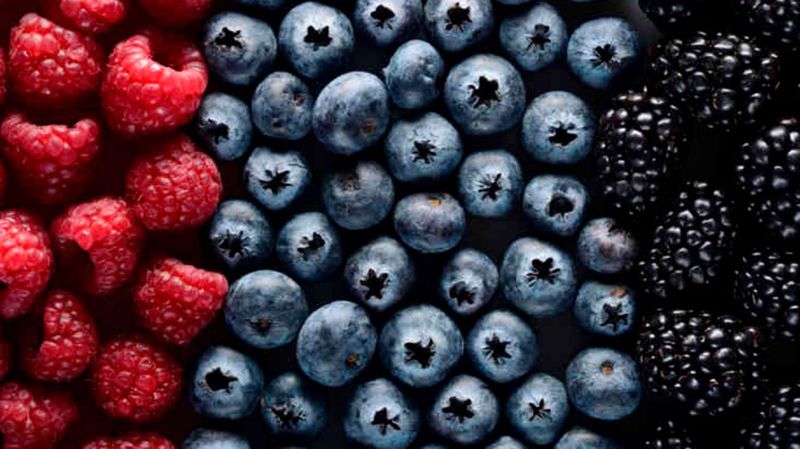
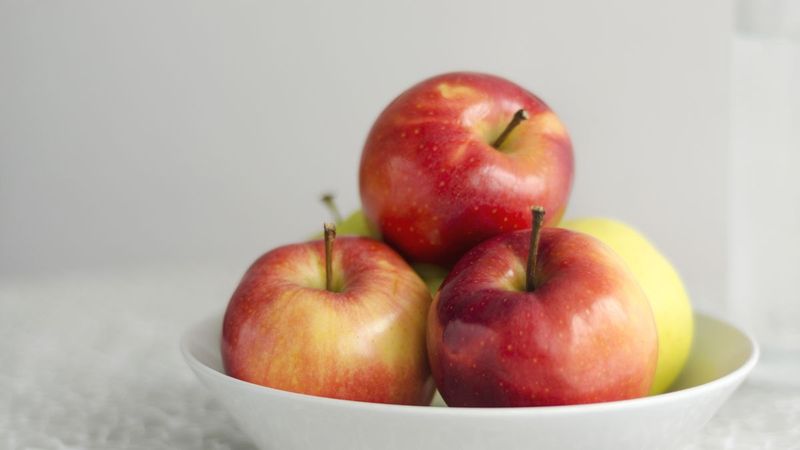
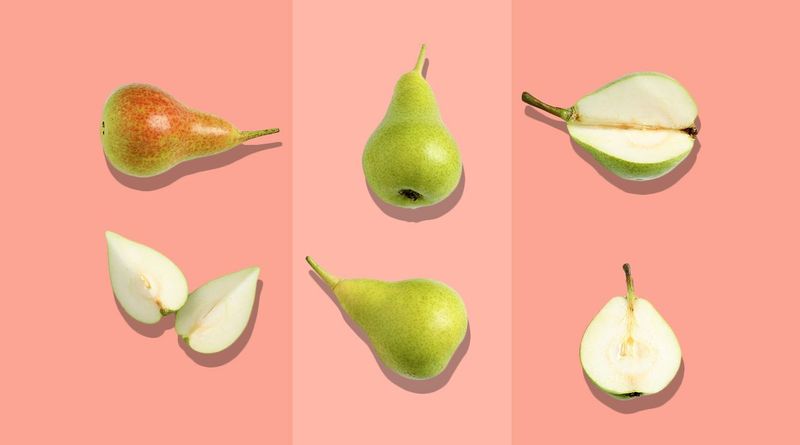
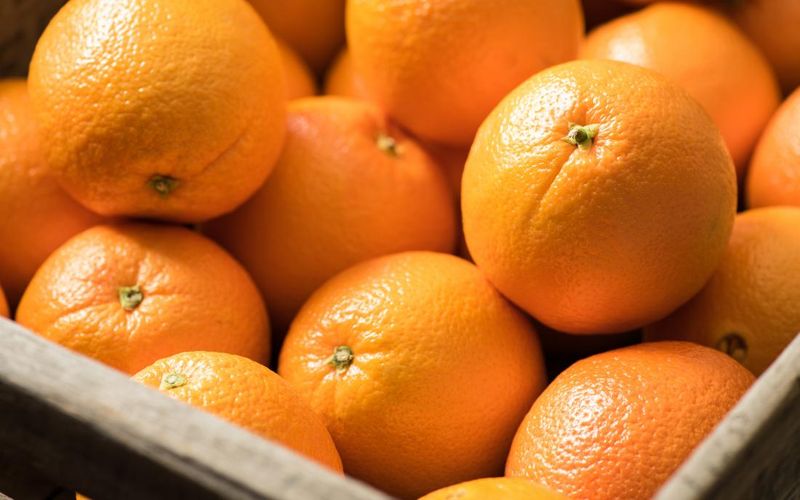
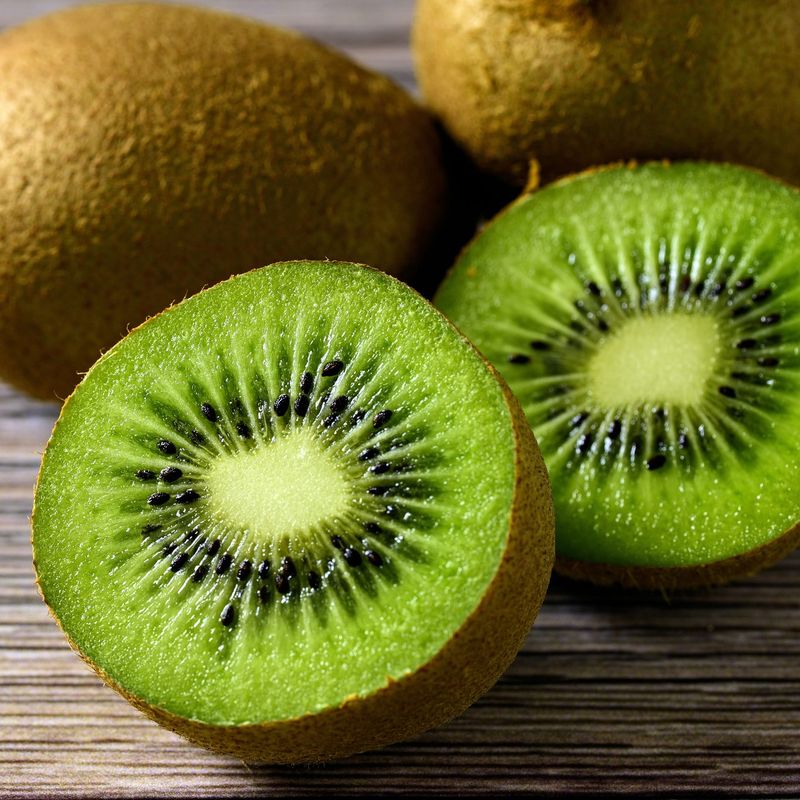
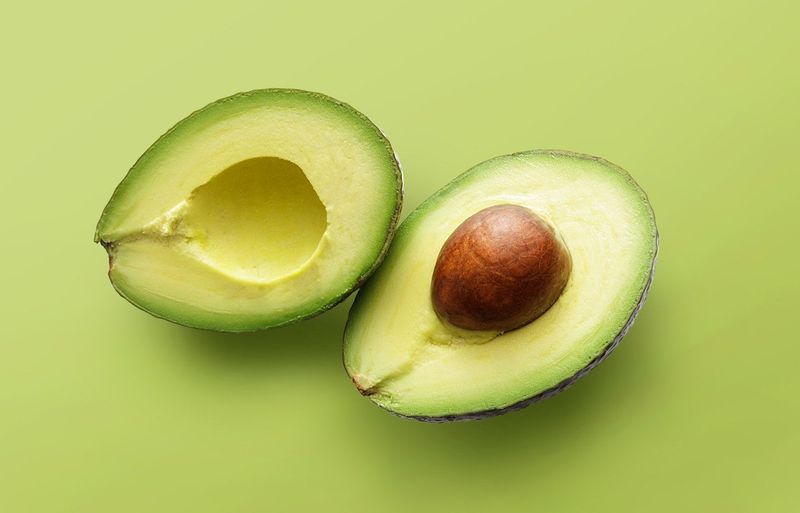
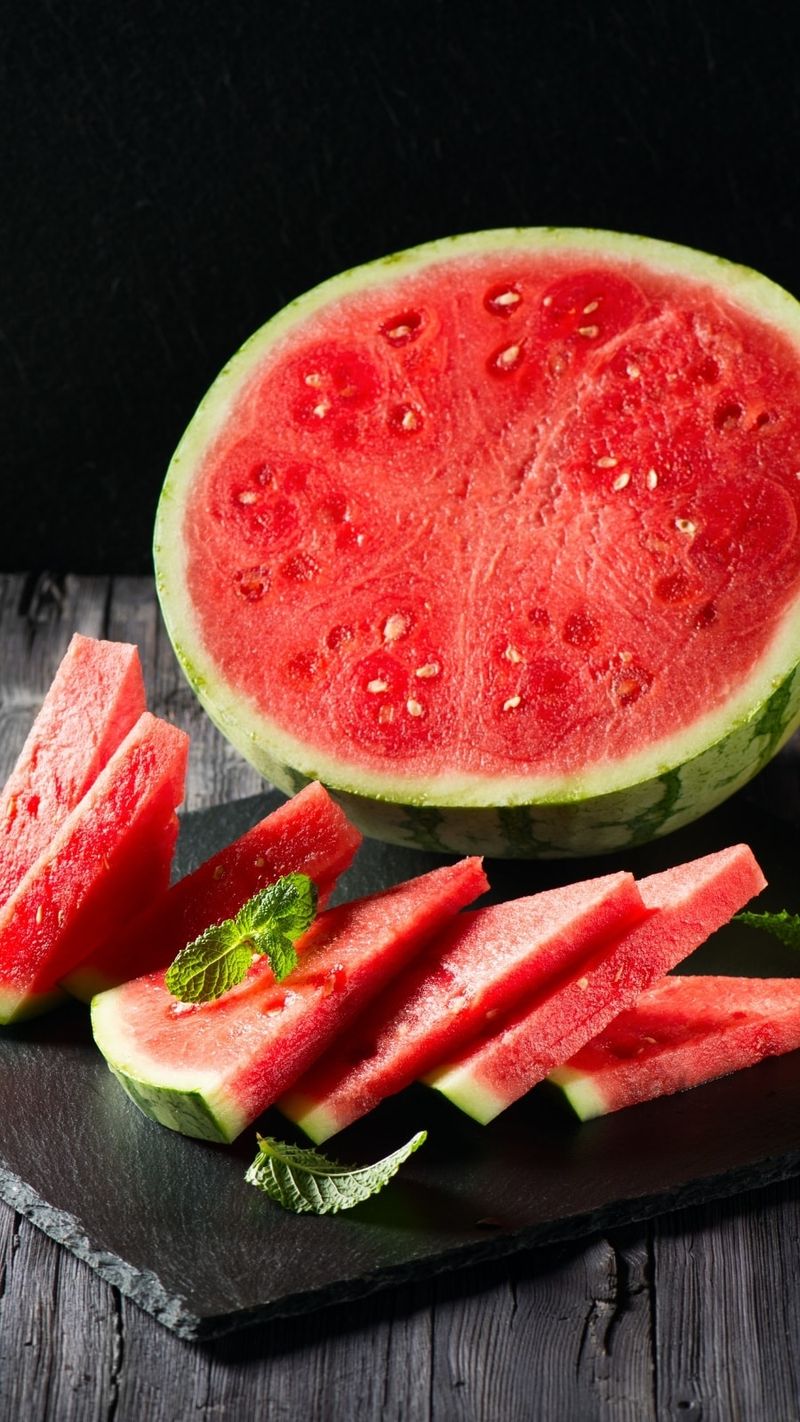
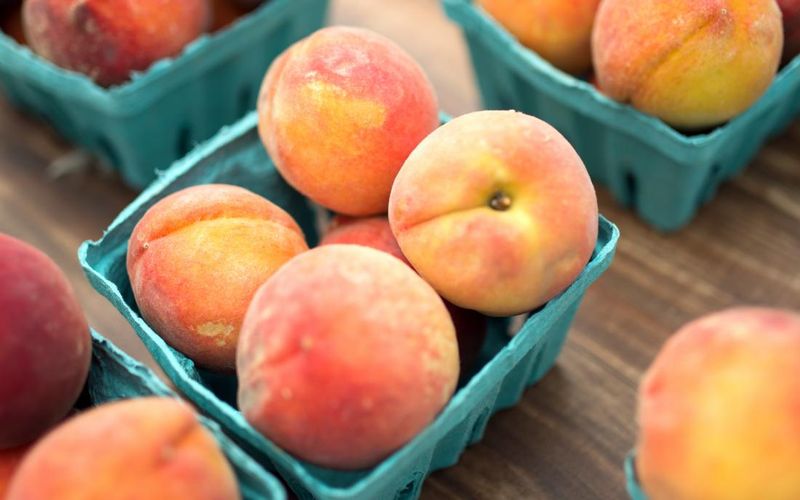
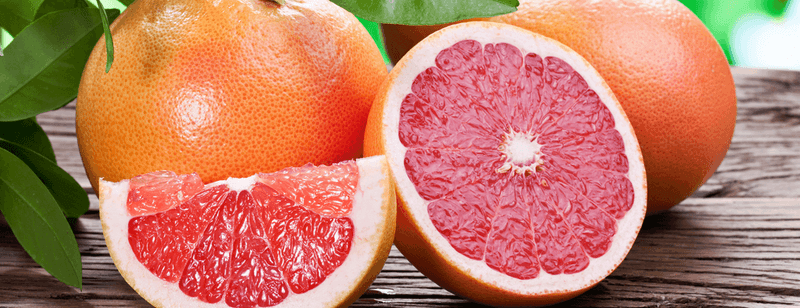
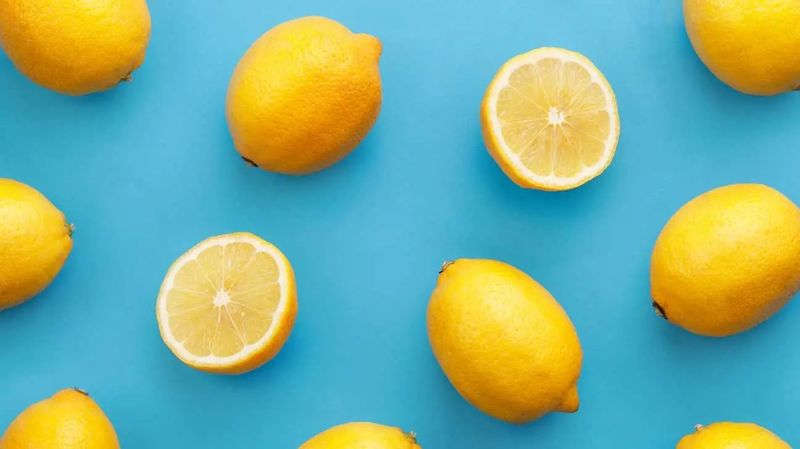
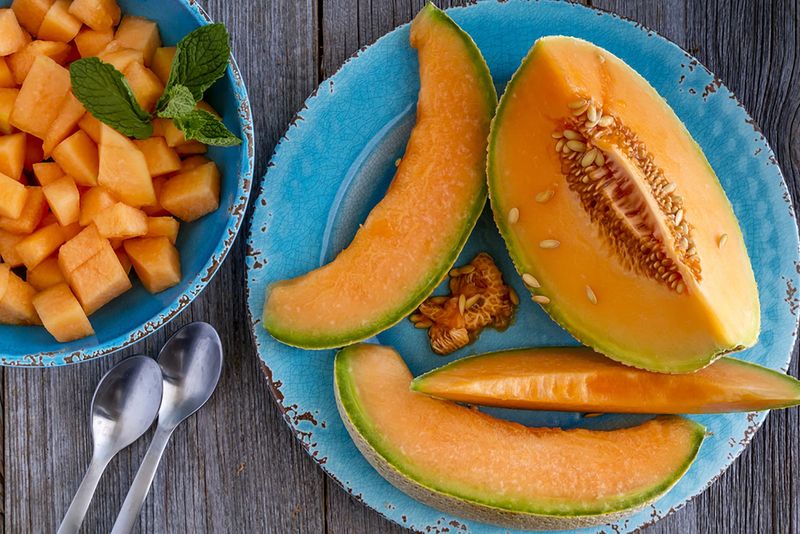
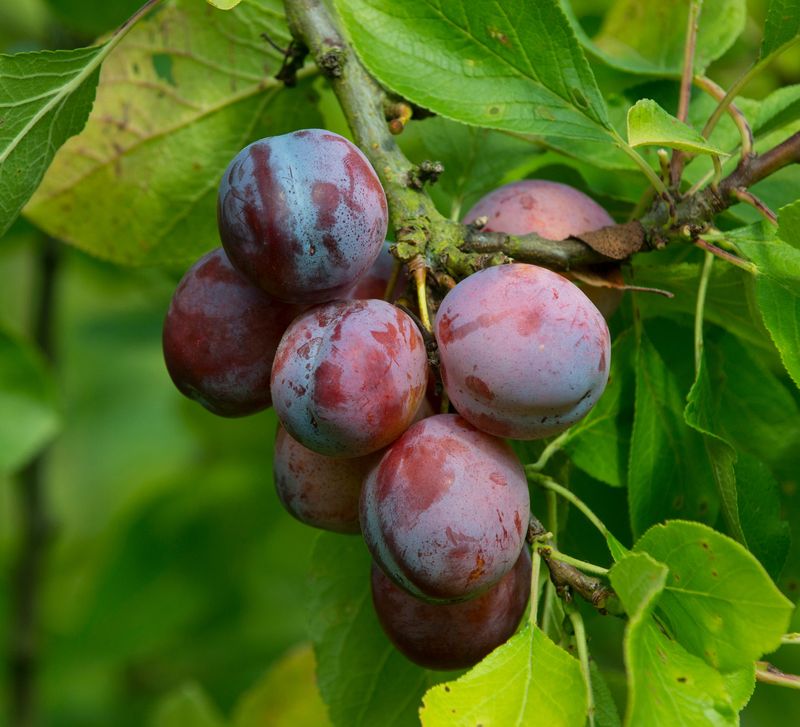
Leave a comment